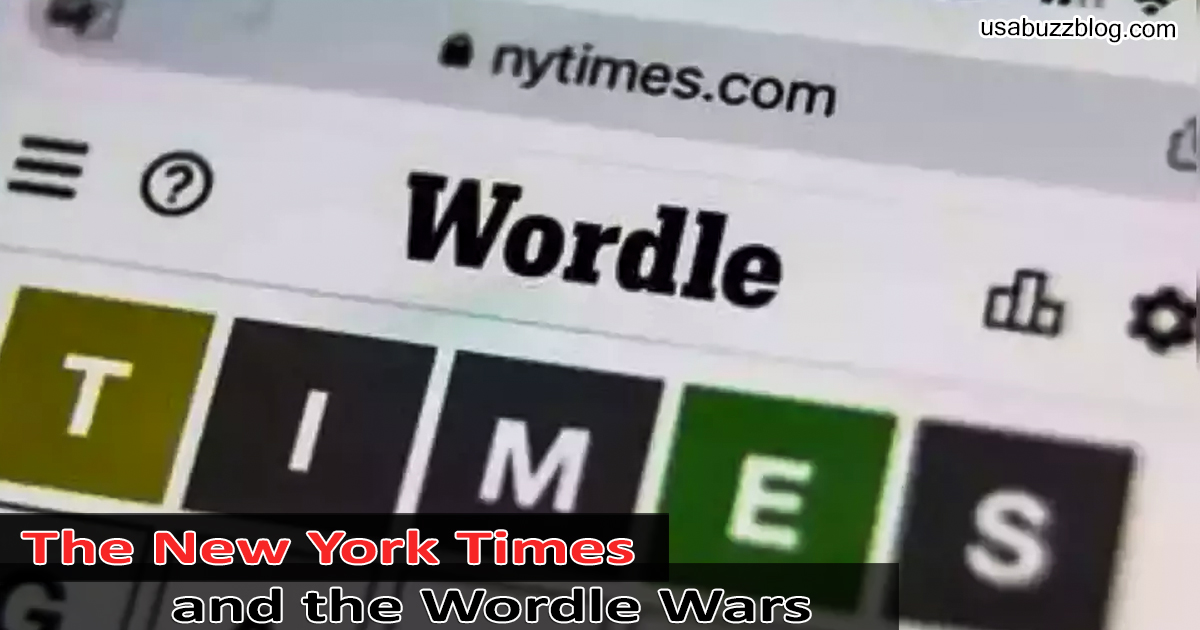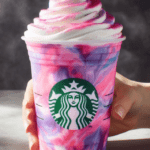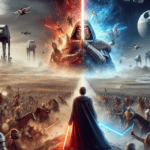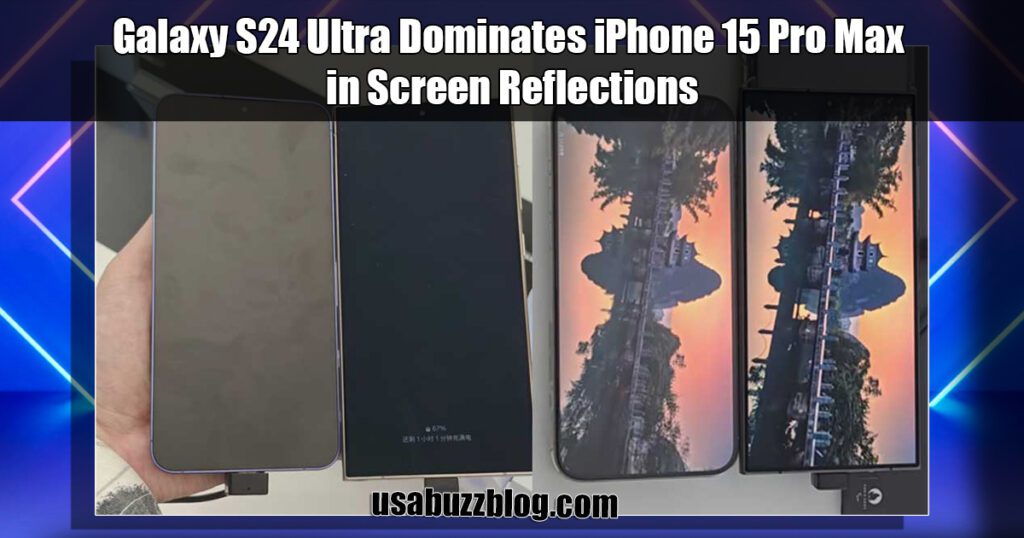
The New York Times and the Wordle Wars: A Copyright Controversy
The New York Times, renowned for its journalistic integrity, has found itself embroiled in a new kind of battle: a fight for intellectual property rights. The subject of this skirmish? The wildly popular word puzzle game, Wordle. Since acquiring the game in early 2022, the New York Times has taken a strong stance against copycat versions, sending legal notices to developers of similar word games. This article delves into the controversy surrounding the New York Times and its efforts to protect Wordle, exploring the legal arguments, potential implications, and the ongoing debate about fair use and innovation.
A Global Phenomenon: The Rise of Wordle
Wordle, a simple yet addictive daily word puzzle, took the world by storm in late 2021. Players have six attempts to guess a five-letter word, with color-coded feedback indicating if letters are correct, misplaced, or absent. The game’s minimalist design, daily format, and easy-to-share results fueled its meteoric rise. Countless variations and clones emerged, capitalizing on Wordle’s success. This surge in similar games prompted the New York Times to take action.
Copyright Claims and Legal Battles: The New York Times’ Defense
The New York Times argues that these copycat games infringe upon their intellectual property rights. They claim ownership of the specific game mechanics, daily format, and overall user experience associated with Wordle. Legal notices sent to developers of similar games demand the removal of these titles, citing copyright infringement.
Here are some key arguments supporting the New York Times’ position:
- Originality and Investment: The New York Times invested resources in acquiring Wordle and integrating it into their online platform.
- Brand Recognition: The association of Wordle with the New York Times brand strengthens their claim to ownership of the user experience.
- Potential for Market Confusion: A proliferation of similar games could confuse users and dilute the value of the original Wordle experience.
However, critics of the New York Times’ actions raise counterpoints:
The Counter-Argument: Fair Use and the Spirit of Innovation
Opponents of the New York Times’ legal maneuvers argue that the core concept of a word puzzle game predates Wordle. They point to the principle of fair use in copyright law, which allows for limited use of copyrighted material for purposes such as criticism, parody, or education. Critics argue that many of these copycat games offer unique twists or variations on the basic Wordle format, potentially falling under fair use.
Here are some arguments against the New York Times’ copyright claims:
- The Word Puzzle Genre Pre-Exists Wordle: Simple word puzzles have existed for decades, and the concept itself cannot be copyrighted.
- Fair Use for Variation and Innovation: Many copycat games introduce new elements or features, potentially constituting fair use.
- Stifling Innovation and Competition: Overly aggressive copyright enforcement could hinder the creation of new and engaging word puzzle games.
The Future of Wordle and the Copyright Battleground: Where Do We Go From Here?
The legal battle between the New York Times and developers of copycat games remains ongoing. The outcome will likely set a precedent for how copyright applies to online games with simple mechanics but unique user experiences.
Here are some potential outcomes:
- The New York Times Successfully Defends Wordle: This could lead to increased legal action against similar games, potentially limiting innovation in the word puzzle genre.
- A More Nuanced Approach: The courts might establish a framework based on the level of similarity and the presence of transformative elements in copycat games.
- Dialogue and Collaboration: Perhaps the New York Times could explore licensing agreements or other partnerships with developers of similar games.
This controversy highlights the complexities of copyright law in the digital age. Balancing the need to protect intellectual property with fostering a culture of creativity remains a challenge. Regardless of the outcome, the Wordle saga serves as a reminder of the ever-evolving relationship between creators, platforms, and the public in the digital world.
New York Times and Wordle Copyright Battle: FAQs
Q: Does the New York Times own the concept of a word puzzle game?
A: No, the concept of a word puzzle game predates Wordle and cannot be copyrighted. However, the New York Times claims ownership of specific elements related to the Wordle user experience.
Q: Is it fair for the New York Times to take legal action against similar games?
A: The legality is currently under debate
More Perks:
- How to Make Paper in Minecraft: Ultimate Guide for Crafting the Written Word in 2024
- Honor Choice Smartwatch: Unlocking 2024’s Best Feature-Packed Powerhouse
- Shocking – Apple’s Project Titan cancelled: Electric Dream 2024 Scrapped
- China’s Tech Feast at MWC 2024: Transparent Laptops, AI PCs, and 5.5G Beckon
- The Future Unveiled: MWC 2024’s Most Innovative Tech Marvels
- The iPhone 15’s Battery Health: Best Feature, A Leap Ahead
- Unlock SEO Mastery: No.1 Google’s SEO starter Guide for Beginners
- Circle to Search: No.1 Discovery for Dynamic Searching in 2024!
- Unlocking ChatGPT Plus in 2024: A Deep Dive into the Pros and Cons
Decoding Intelligence: 11 Signs You Might Be Less Smart Than You Think
- Unleashing the OnePlus 12R:Symphony of Affordable Innovation!
- Google Pixel 8 Best wins: Minty Fresh Teaser Unveiled!
- Galaxy S24 Ultra’s Best Win: Crushes iPhone 15 pro-Max in Reflection Brilliance!
Subscribe To Get New Post Updates VIA Email
Recent Stories

Anwar Hussain
As an Architectural and Interior 3D Visualization Expert, I spend my days crafting stunning visuals that showcase the potential of design. But my passion for storytelling extends beyond the screen. At usabuzzblog.com, I leverage my design expertise to provide insightful and engaging content on Technology, Health & Fitness, Travel, News, Architecture, interior design, and the broader creative landscape. Join me as I explore the latest trends, share design tips, and unveil the stories behind the spaces we inhabit.













